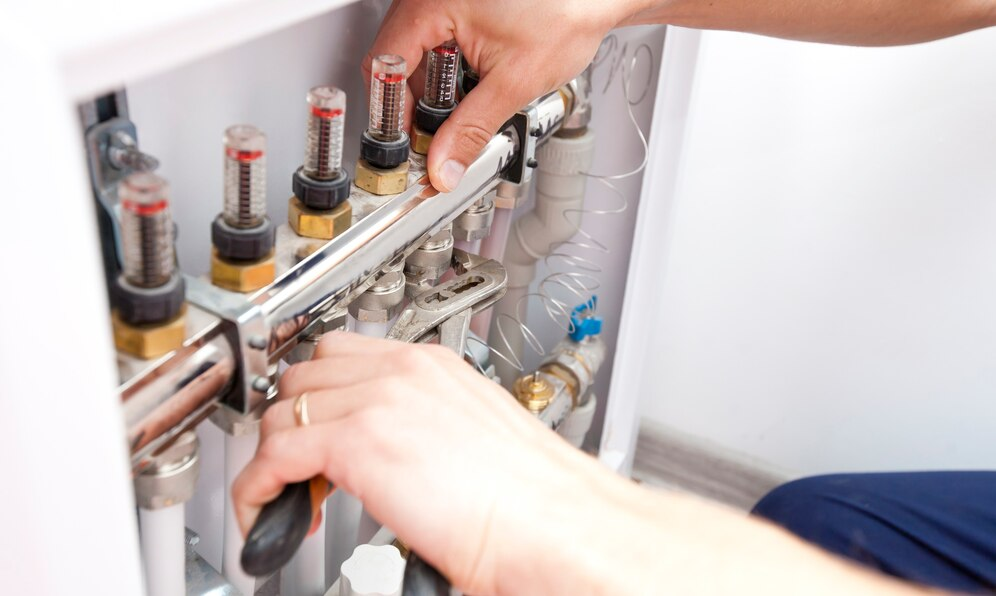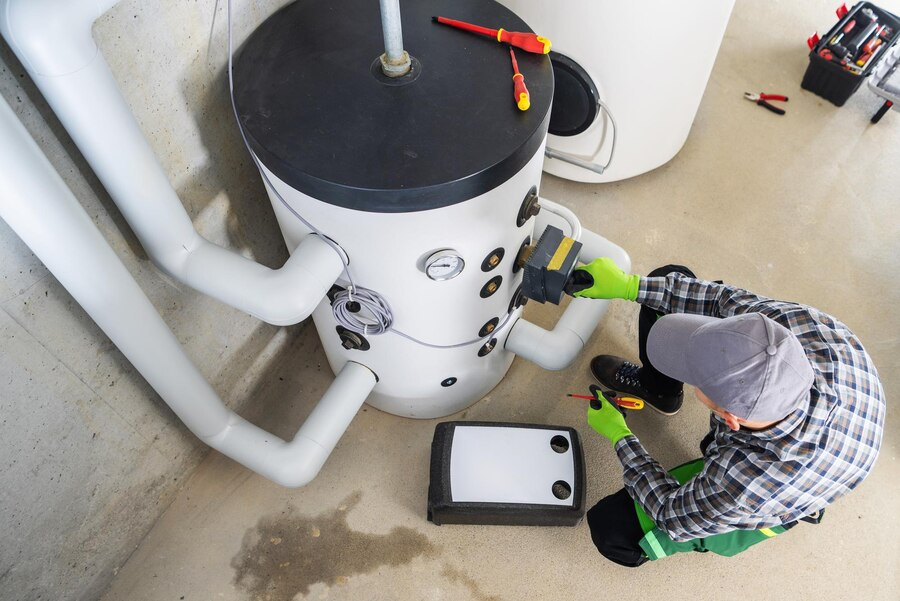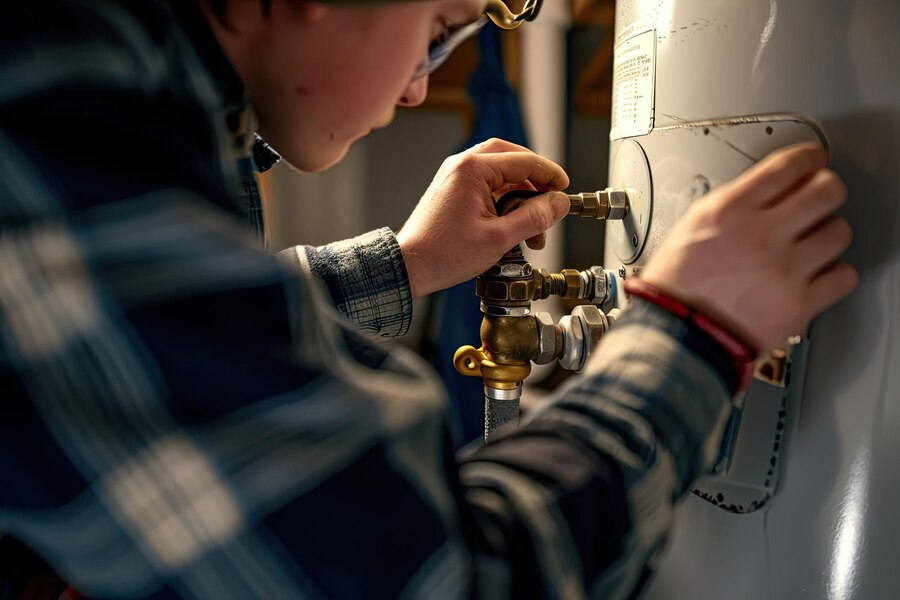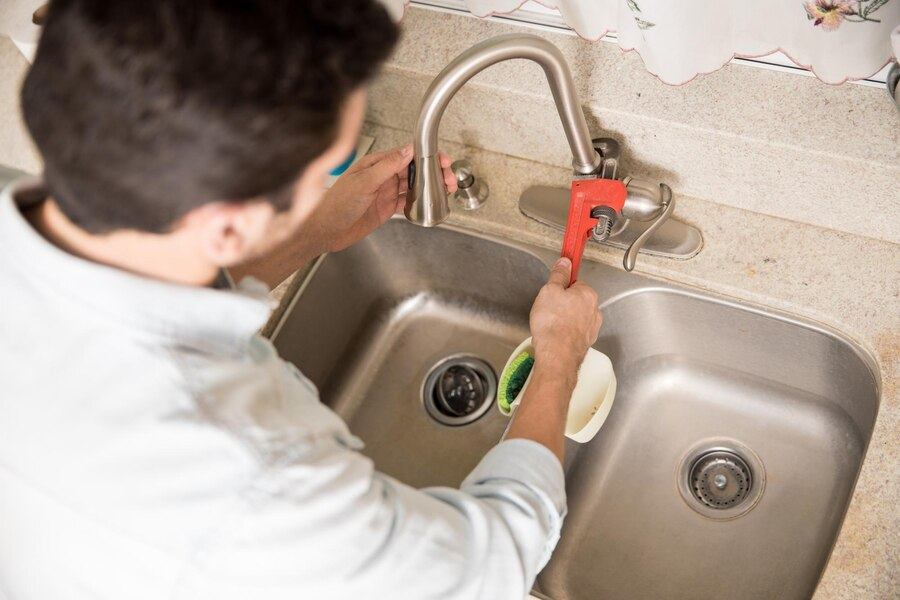Preparing for Your Annual Boiler Service Appointment
Ensuring your boiler is running efficiently and safely is crucial for maintaining a comfortable and energy-efficient home. In Northampton, an
annual boiler
service is a key part of this maintenance. Here’s a guide to help you prepare for your upcoming boiler service appointment.
Schedule Your Appointment Early
Begin by scheduling your service appointment well in advance. Boiler service slots can fill up quickly, especially during peak times such as winter. Contact a reputable local service provider in Northampton to book a convenient time. Early scheduling also gives you time to address any preliminary issues.
By planning ahead and scheduling your boiler service appointment early, you ensure a smoother and more efficient process, keeping your
heating system in top condition and your home comfortable year-round.
Clear the Area Around Your Boiler
To facilitate a thorough inspection, ensure that the area around your boiler is clear of any obstructions. Remove any items stored near the boiler, such as cleaning supplies, tools, or furniture. This not only helps the technician perform their job efficiently but also ensures safety during the service.
Remove Obstructions
Start by removing any items that might obstruct the technician’s access to the boiler. This includes furniture, storage boxes, cleaning supplies, and any other objects that might be in the way. Clutter can make it difficult for the technician to work and could potentially hinder their ability to perform a thorough inspection.
Organize the Space
After removing larger items, take the time to organize the space around the boiler. Ensure that any items that need to stay in the area are neatly arranged and do not obstruct the technician’s work. This helps create a safer environment and makes it easier for the technician to access all necessary components of the boiler.
Ensure Adequate Space for the Technician
The technician will need sufficient space to move around and work on the boiler. Make sure there is enough clearance around the boiler unit for the technician to operate comfortably. This includes removing any items that are stored on or near the boiler, such as tools, cleaning products, or laundry.
Check for Ventilation
Proper ventilation is essential for the safe operation of your boiler. Ensure that vents and airways around the boiler are not blocked. If your boiler has a flue or exhaust pipe, make sure it is clear of any obstructions that might affect its function. Good ventilation helps prevent the buildup of harmful gases and ensures the boiler operates efficiently.
Secure Loose Items
If you have any loose items or small objects near the boiler, secure them or move them to a different location. Loose items can be accidentally knocked over or cause a distraction during the service. Ensuring that everything is secure helps maintain a safe working environment.

Check for Visible Issues
Before the technician arrives, inspect your boiler for any obvious signs of problems, such as unusual noises, leaks, or error codes. While these issues might not always be visible, noting them down can help the technician diagnose any underlying problems more quickly.
Inspect for Leaks
Examine the area around your boiler for any signs of leaks. Look for water pooling around the base of the boiler, damp patches on the walls or floor, or any drips coming from pipes or joints. Leaks can indicate a variety of problems, from minor issues like loose fittings to more serious concerns like a damaged heat exchanger. Noting these leaks beforehand allows the technician to address them directly during the service.
Check for Unusual Noises
Listen carefully for any unusual noises coming from your boiler. Common issues that might cause strange sounds include kettling (a rumbling noise caused by limescale build-up), banging or clunking noises (potentially indicating air in the system or loose components), or whistling sounds (which could be due to high water pressure). Document these noises and describe them to the technician, as they can help diagnose underlying problems more accurately.
Look for Error Codes or Warning Lights
Modern boilers often have digital displays that show error codes or warning lights when there is a problem. Refer to your boiler’s user manual to understand what these codes or lights mean. If you notice any error codes or warning indicators, make a note of them before the technician arrives. This information can be valuable for troubleshooting and diagnosing specific issues.
Examine the Pressure Gauge
Check the pressure gauge on your boiler to ensure it is within the recommended range. Most boilers operate efficiently with a pressure between 1 and 1.5 bars when cold. If the pressure is too high or too low, it could signal issues such as a faulty pressure relief valve or problems with the expansion vessel. Adjusting the pressure or topping it up may be necessary before the service, but a technician will also check and adjust it as needed.
Inspect the Boiler’s Exterior
Examine the exterior of your boiler for any visible signs of damage, such as rust, dents, or corrosion. While minor cosmetic damage may not affect the boiler’s performance, more serious damage can compromise the system’s efficiency or safety. Report any noticeable exterior issues to the technician so they can assess whether they need to be addressed.
Review Your Boiler's Service History
Having a record of previous services, repairs, or any recent issues can be beneficial. This history helps the technician understand the boiler’s maintenance background and identify recurring problems. If you’ve had any recent repairs or replacements, be sure to mention these.
Ensure Access to Your Boiler
Make sure that the technician has easy access to your boiler. If your boiler is located in a utility room, basement, or another confined space, ensure that the door is unlocked and that there is enough room for the technician to work comfortably.
Prepare Questions and Concerns
Prepare a list of questions or concerns you might have about your boiler's performance. Whether it’s about energy efficiency, potential upgrades, or specific issues you’ve noticed, having these ready will help you make the most of the service appointment.
Be Available During the Appointment
Try to be at home during the service appointment. This allows you to discuss any findings or recommendations with the technician directly. If you’re unable to be present, ensure that someone else is available to let the technician in and communicate any concerns.
Conclusion
Preparing for your annual boiler service appointment ensures the safety and efficiency of your heating system. By following these simple steps—such as clearing the area around your boiler, checking for any visible issues, and keeping your contact information up to date—you help facilitate a smooth and effective service visit. Regular maintenance can prevent costly repairs and keep your home warm and comfortable throughout the year.
For professional boiler servicing in Northampton, trust the experts at Plumbing & Heating. Gas Engineer Northampton. Contact us today at +44 1604 343223 to schedule your appointment or for any inquiries you may have.



